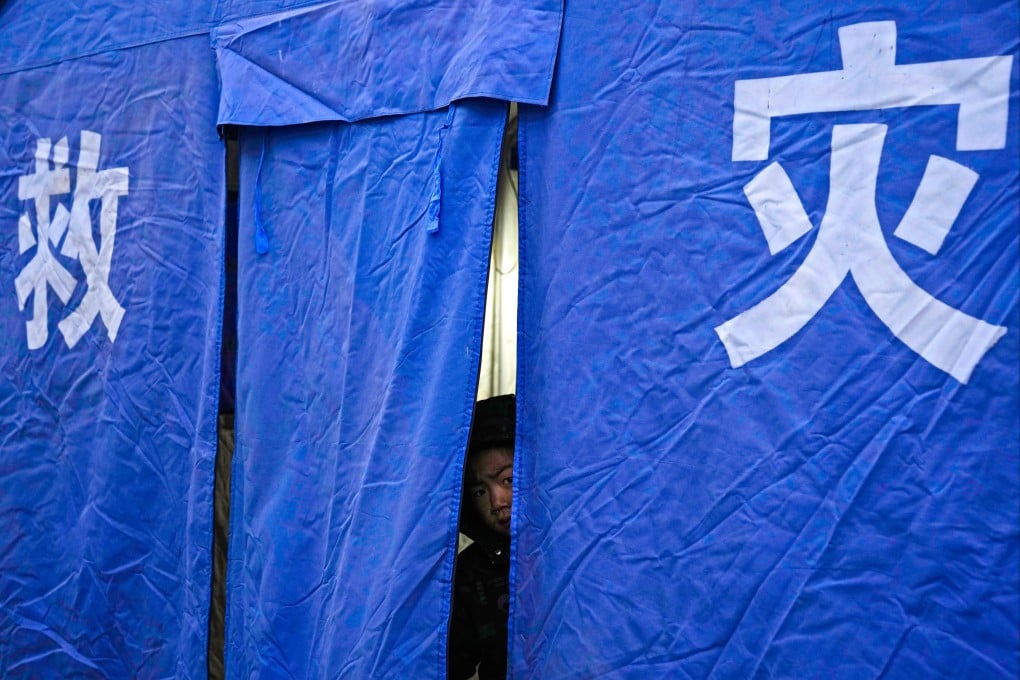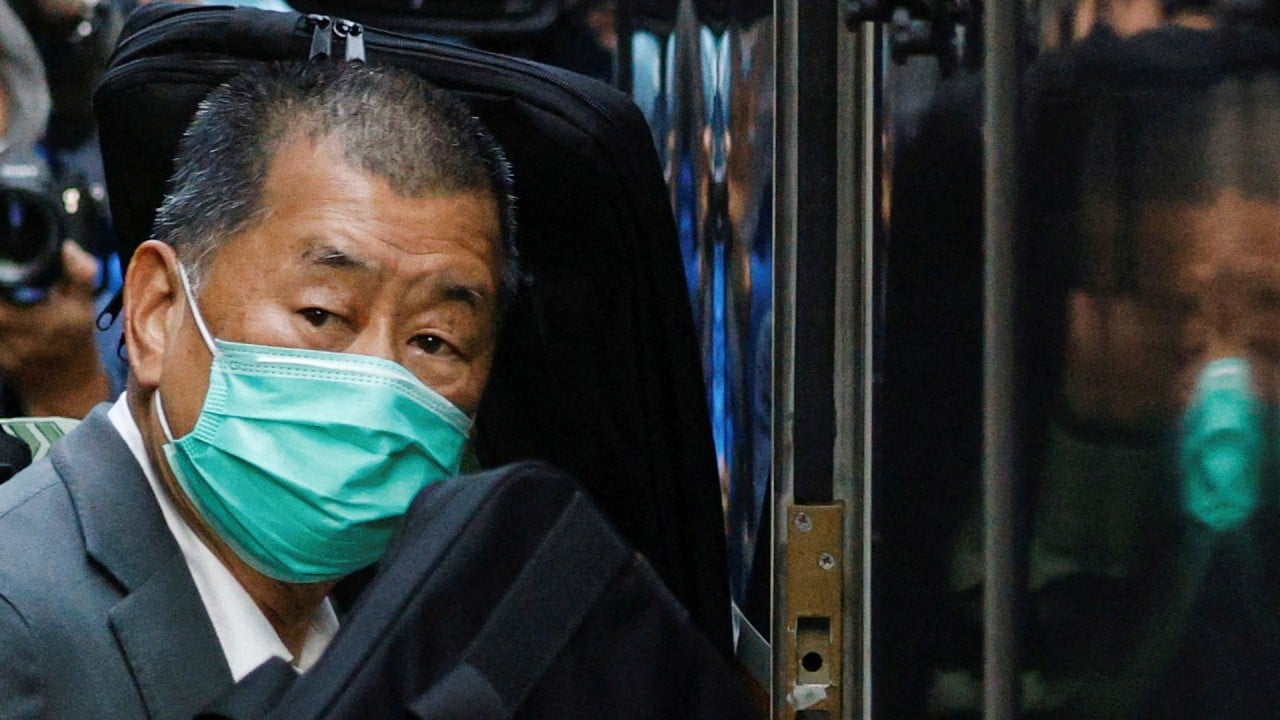Advertisement
China’s emergency law amendment may curb media reporting on disasters and accidents
- NPC releases draft amendment to the Emergency Response Law: ‘no institution or individual shall fabricate or spread false information about emergencies’
- Draft guarantees government’s right to release information, but ‘the media’s right to interview and publish information should also be guaranteed’: ex-academic
Reading Time:3 minutes
Why you can trust SCMP
9

Yuanyue Dangin Beijing
China’s legislature is set to amend its emergency law, which experts fear may pose fresh restrictions on press coverage of disasters and accidents by Chinese media.
China’s top legislature, the National People’s Congress (NPC), released a draft amendment to the Emergency Response Law for consideration on Friday, which stipulates that “no institution or individual shall fabricate or spread false information about emergencies on purpose”.
The draft proposes the establishment of a “news interviewing and reporting system”, as well as “supporting news media to do reporting”, without elaborating on what that means.
Media analysts say the law could limit media coverage of emergencies, but its effectiveness would depend on how the government enforces it.
The draft, a major revision of the Emergency Response Law that first took effect in 2007, was reviewed and discussed for the second time at an NPC session and is open for public comment until January 27.
It requires the government to provide timely information about emergencies and its “decisions, orders and measures”.
However, the amendment also strictly forbids “any institution or individual” from fabricating or spreading false information about emergencies and requires the government to clarify any information that it becomes aware of “that may affect the stability of society”.
Advertisement
